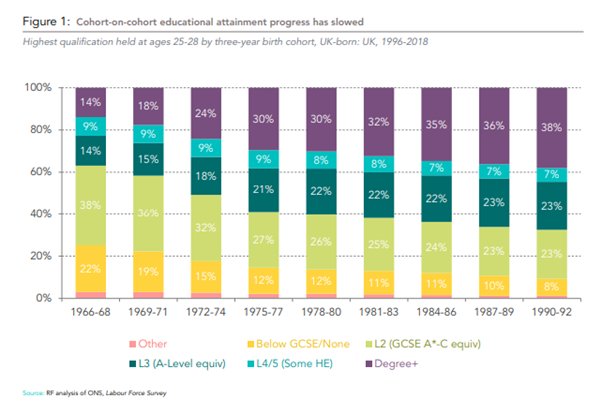If contractors simply declared their income as income there would be no problem.
If they are not real shareholdings and are purely created to disguise income, then the avoidance is probably not lawful.
taxwatchuk.org/is_tax_avoidan…
Keep Current with George Turner
This Thread may be Removed Anytime!
Twitter may remove this content at anytime, convert it as a PDF, save and print for later use!

1) Follow Thread Reader App on Twitter so you can easily mention us!
2) Go to a Twitter thread (series of Tweets by the same owner) and mention us with a keyword "unroll"
@threadreaderapp unroll
You can practice here first or read more on our help page!

